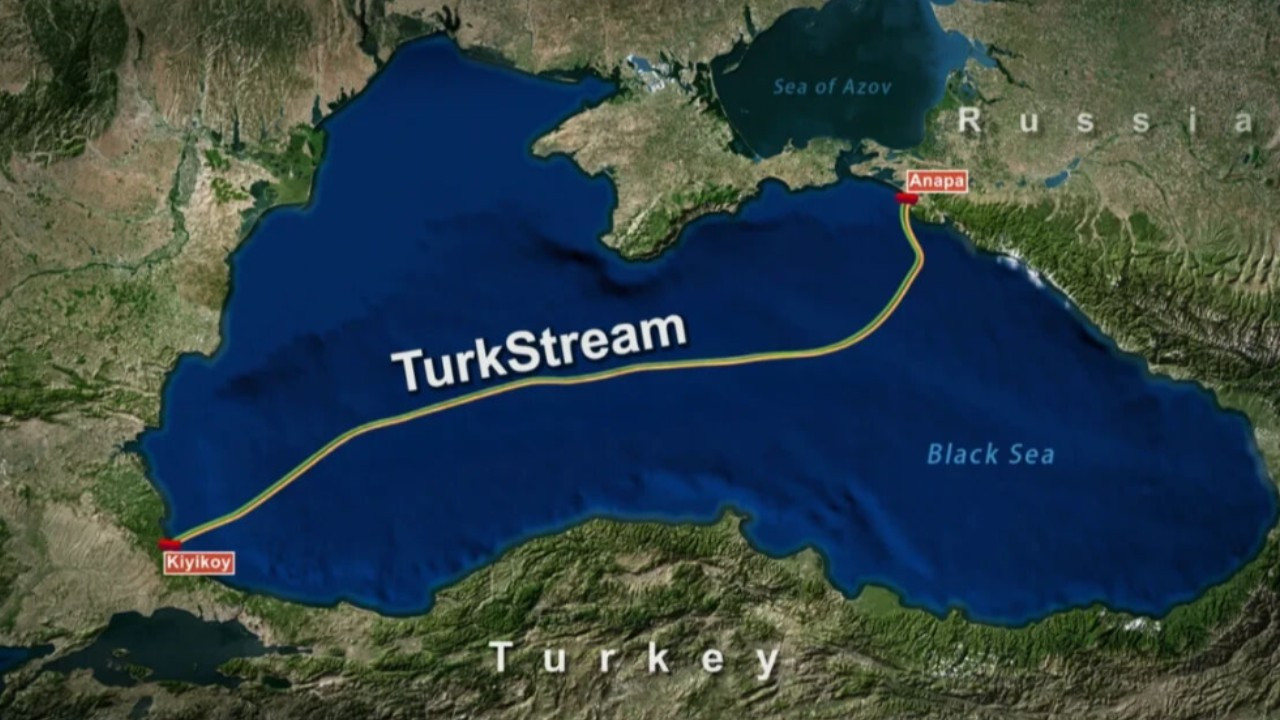Hamsi Stocks Are Alarmingly Low: The Fishing Season Is Approaching Its End

The fishing season continuing in the fertile waters of the Black Sea once again highlights the difficult situation regarding hamsi stocks. The decline in hamsi production this year has the potential to create many negative effects not only on the marine ecosystem but also on consumer expenses.
Hamsi is not only a food item frequently seen on the tables of the Turkish people by the waterside but also plays a vital role in the ecological balance of the seas. Therefore, this dramatic decrease in hamsi stocks raises a state of alarm from both an economic and ecological perspective. Data from fishermen in the Black Sea reveal that hamsi catches have decreased by approximately 50% compared to last year.
This situation demonstrates that, despite fishermen embarking on days-long sea voyages to catch hamsi, the results they achieve are quite low. Hamsi is an important food source that will take its place on tables, especially during winter months. The reduction of this fish, known for its high protein content and nutritional properties, can also lead to increased consumer prices, causing economic hardships.
Moreover, the impact of hamsi decrease on the ecosystem cannot be overlooked. Hamsi constitutes a basic food source for many marine creatures and is also critical for the biological diversity of the seas. This situation may adversely affect the populations of other species from the perspective of the fishing industry.
The responsibility of fishermen and consumers is to adopt sustainable approaches in hamsi fishing to take the necessary steps for the protection of the seas and the passing on of resources to future generations. In this context, it is clear that marine resources need to be managed more carefully. If the current situation continues, concerns will arise regarding both public health and the sustainability of the marine ecosystem.
Benzer Haberler
.png)
Yakında Tüm Platformlarda
Sizlere kesintisiz haber ve analizi en hızlı şekilde ulaştırmak için. Yakında tüm platformlarda...









.png)